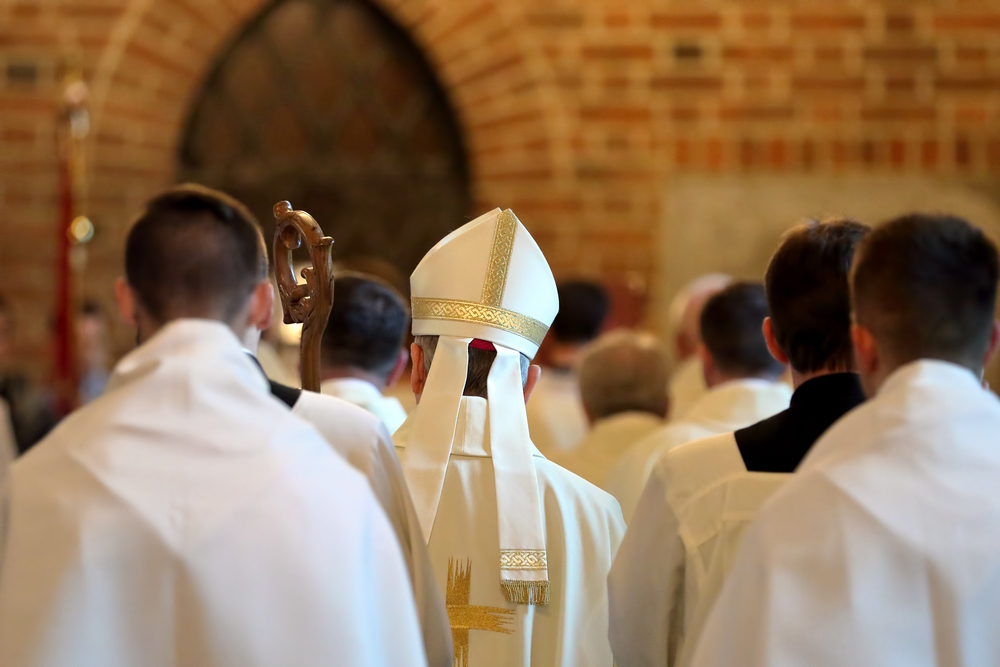
The canonization of Pope John Paul II in 2014 was unprecedented for its rapidity and the context in which it occurred. At his funeral in April 2005, there were banners and shouts proclaiming Santo Subito! (Saint now). Even before his death, Wall St. Journal columnist Peggy Noonan called him John Paul the Great.
The last years of John Paul’s life were characterized by declining health and fewer public appearances. He was ailing as the international sexual abuse crisis was continuing to gain momentum and threaten his papacy.
Almost a decade prior to his death, the Marcial Maciel was gaining momentum and notoriety. Maciel, a priest with prolific fundraising capacity and a personal favorite of the Polish pope had been dogged by rumors of liaisons with women, abuse of boys, and questionable financial dealings. In 1997, a group of nine men went public with accusations that they had been abused as youths and young men by Maciel while studying under him in Spain and Rome in the 1940s and 1950s. The group, which included respectable academics and former priests, lodged formal charges at the Vatican in 1998. They were told the following year that the Congregation of the Doctrine of the Faith, headed by Cardinal Joseph Ratzinger (later Pope Benedict XVI), was not moving forward with a direct prosecution. It is not publicly known if this decision was made by Pope John Paul II or Cardinal Ratzinger himself.
According to the London’s Guardian, “The Legionaries of Christ became particularly strong in the US and Ireland as well as Mexico, where their close ties to some of the country’s richest and most powerful families persist today. In the meantime the order’s radical anti-communism, unswerving papal loyalty, and success in producing priests just as the current crisis in recruitment was looming on the horizon made Maciel a favourite of Pope John Paul II. During a visit to Mexico in 1994 the pontiff described him as ‘a guide to youth’.”
Maciel died in 2008. It was left to John Paul’s successor, Benedict XVI, to deal with the scandal. In 2006, Benedict ordered him to retire and live a life of prayer and penance.
The Maciel affair was not the only case involving sexual abuse by influential clerics who were shielded by Pope John Paul II. In his native Poland, accusations of bishops and cardinals fell on deaf ears and it was widely believed that John Paul maintained that communist sympathizers were behind such accusations as a way to weaken the church in Eastern Europe.
No such pretense can be made in the case of former Cardinal Theodore McCarrick, an American favorite of John Paul II for his seeming conservatism and fundraising ability. Under John Paul, McCarrick quickly rose through the ranks from a priest in the Archdiocese of New York to Cardinal Archbishop of Washington in 2001 by John Paul himself.
When the walls came tumbling down around McCarrick’s secret life in 2018, the rumors that had been flying since the 1980’s resurfaced and were finally investigated. For more than two decades, McCarrick was a John Paul man, enjoying his protection and friendship.
The Rev. Thomas Reese, senior analyst at Religion News Service, wrote recently, “The willingness of John Paul to advance McCarrick shows the corrupting influence of clericalism.”
Speaking to NPR, Reese says, “John Paul II was incapable of believing that his friends and supporters could be involved in sexual abuse.”
McCarrick was laicized in 2019, an unprecedented move by the Vatican against such a high-powered and high-ranking Church official. The McCarrick Report, finally released to the public this year after years of delay, revealed little new information. It implied that John Paul was responsible for failing to act and put a stop to McCarrick’s rise in the church. Yet, it gave a free pass to the current Pope whose pontificate has done little to assist abuse survivors.
Should the Catholic Church have made John Paul a saint, and so quickly? I don’t know. I am not Catholic and don’t presume to understand or express much interest in how a saint is determined. What I do know is that I have been working with the tragedy of abuse for more than two decades now. The lives of survivors have been radically damaged by the actions of predatory priests and the inaction of their superiors who were in positions of authority to stop them. I know the Catholic Church has to take responsibility for the untold damage it has caused-loss of faith, lives lost to alcoholism and drug addiction, broken families, and tragic lives. Someone has to be accountable for this human tragedy.

Admitted to practice law in all federal multidistrict litigation courts, the California State Bar and the Florida Bar. His philosophy is to provide aggressive, quality representations and seek fair compensation for individuals and their families who have suffered injury, death, or sexual abuse.





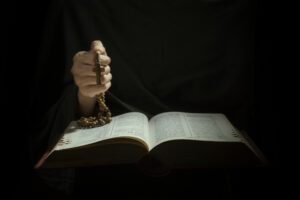
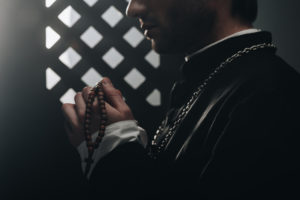
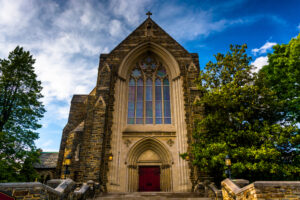


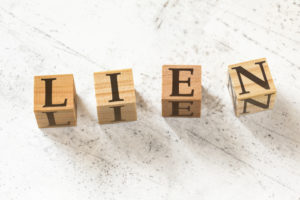






2 Comments
Martin
I'm a Catholic myself. Being a saint doesn't mean taking the best options in life (one could be a saint and be an ignorant of human nature and the problems of clericalism, or be totally useless for managing sex abuse problems) but I don't like the way John Paul II was declared a saint. Even if his only sin were negligenece, I think people have some "right" to judge him. And that's way harder when the man is a saint.
I wanted you all to know how devastating this is for a practising Catholic who wants to be truthful to his fiaith. Of course we're not the main victims, but after the ones actually abused and their loved beings, we're the next ones this people betrayed. I feel very sad because of this.
Joseph H. Saunders
Thanks for commenting, Martin.
Comments for this article are closed.